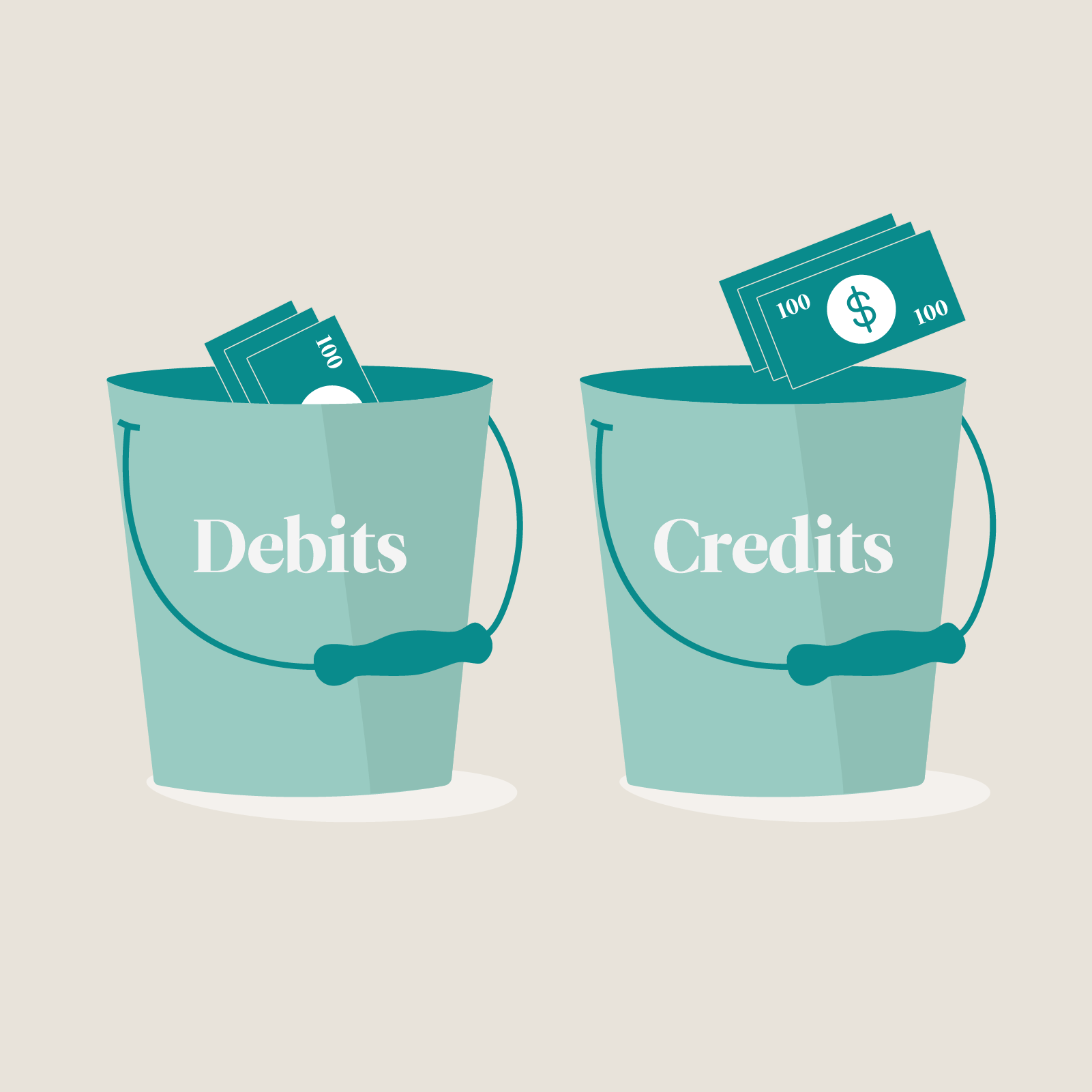Your kids’ thirteen birthday opens the door to a new life; the life which leads them to adulthood. The years they spent during this time shapes their mental health and gives them the maturity to live peaceful and happy adulthood. It’s more like a foundation stage where whatever lesson you give will help them for a lifetime. Therefore, the best lesson to teach your teen is how to handle money.
Doubtlessly, money is an important part of life. And those who know how to handle and spend it well succeed. No matter how much or how little money you have, you can live a fulfilling life only if you know how to keep a balance in your earnings and spending. Being a parent it’s on your shoulder how to teach your kids from your life’s experiences. The better you teach them the happier and more peaceful life they can spend.
Apart from the essential lessons, they get at school, here are some important financial lessons to teach your teens at home:
- Your Earnings vs Your Spending
- Track Your Expenses
- Look For Investment Options
- Learn The Power of Compound Interest
- Look For Saving Options
- Understand Gross vs. Net Pay
- Understand the Science of Credit and Debit
- Avoid Going For Big Loans
Your Income vs Your Expenses
Many teens fail to understand how much they should be spending. You get your paycheck does not mean you should spend all of it or even go into debt. You need to do one thing first, take a portion out of your pay and keep it for spending on your little wishes. Now here the most important thing is to know the real difference between wishes and needs.
What you wish you have and what you need are two different things. You may want a high-priced smartphone, maybe the newly released iPhone 13 but in the end, you need a phone. You could go for cheaper options. Just because you’re earning money doesn’t mean you shouldn’t lead a frugal lifestyle. Try to know what truly matters and go for it instead of falling for extravagance. Furthermore, when you spend less than you earn you can manage your finances very well. You do not have to dig your face in your hands after only a week of getting paid. You will stay relaxed throughout the month.
Track Your Expenses
It’s not bad to be a foodie or a shopaholic but what’s wrong is staying oblivious of your financial status. In the U.S. the average spending on consumer units was $61,334 in 2020. Moreover, in America, shopping malls outnumber schools and universities. So, when there are so many outlets to spend you sure will fall for the trap. What best you can do is to find better options to keep a track of your options. One way is to manually check and calculate, but that’s too exhausting and ineffective. You’ll get involved in your work and forget to track expenses until one day when you will finally get broke you will realize that it’s too late.

So, to save you from your doom’s day here is a smart solution. Get the financial apps on your phone and stay updated. You Need a Budget (YNAB), Mint, and Simplifi by Quicken are the top three mobile apps that can help you manage your spending and earnings in a blink.
Apps like You Need a Budget (YNAB) come with many features. They give you a complete budget makeover with a free day trial to help you understand whether they are effective or not.
Look For Investment Options
The smartest kid is the one who keeps on finding little but profitable avenues to invest money. You can live a simple and straight life where you earn a specific amount and you spend a specific amount keeping a hold on a certain amount as your savings every month. On the other hand, you can be a little risky and curious to look for the shortest and smartest ways to earn more money with little investments.
That’s the kind of trick you must teach your kids; to be innovative, to learn how to critically analyze a situation, and find financially profitable means to go with. One great avenue to invest is in cryptocurrency. If your teen is too amused by the hype of Bitcoins and shows interest in digital currency, you should teach him about it and help him invest in the right currency, and start with the right amount.
Keep looking for such potential avenues to teach your kids about.
Learn The Power of Compound Interest
As your kid begins to learn about investing and searches for avenues, teach them about the science of compounding, interest rate, and the perks of going for long-term investments. Here is a calculator from the investor.gov site to help your teens calculate the expected amount they will get by investing in a certain number of years.
Look For Saving Options
The events of last year changed Gen Z’s perception of money. Many teens are learning smart shopping tricks to deal with the economic situation. If you want something from your favorite collection, wait till the brand announces sale offers. You can save up to 15% on the same item only by waiting for less than a month. Similarly, you can look for discounted deals and promo codes. Check the statistics about the widespread use of coupon codes.

Whether you are shopping online or from any brick and mortar store, you need to look for vouchers, discounted deals and promo codes, all of these things help in saving dollars. If you are a loyal customer of a brand and prefer shopping from there all the time, you can ask for a customer loyalty program as well. The program ensures to provide amazing discounts and exciting offers to loyal customers. Tell your teens to find such opportunities and to use them in the best possible way. Most importantly, teach them to compare the market rates of a single product on multiple sites and choose the most affordable and high-quality one.
Understand Gross vs. Net Pay

It’s important to teach your kids the importance of being a taxpayer. Tell them about the consequences and perks one gets. Many parents fail to teach these important lessons to their kids who end up running away from the government. The easiest way is to tell them through their first paycheck. They must be calculating the total hours they have worked with the per hour rate to get the total amount they are about to receive. However, when they get the check all they get is a disappointment because it includes deduction of taxation on different facilities for healthcare to insurance and other import taxes. So, teach your kids about the basic difference.
Understand the Science of Credit and Debit
Teens often go for taking credit cards but do not know how to manage them properly. The real thing to note is maintaining a good credit score. You can maintain a credit score by avoiding late payments. A disrupted credit score can affect several areas of your life. You will not be given any facilities of insurance or loans if you have a poor credit history. You may go for a small line of credit but a poor score can cause huge damages. No need to keep a high balance on your cards or delay the fees. The real financial cycle is disturbed when your credit debt grows. So teach them to control it.

Secondly, you need to teach your kids about bad debts. Debt taken for a good cause and in a way that is possible to payback is a good thing but extravagance is wrong. You can take debts in the form of a student loan and only a certain amount that you know you can pay off. With bad debts come huge interest rates which are never good. So, teach your teens how to use those flashy credit cards appropriately.
Avoid Going For Big Loans
Big loans can influence your life and living standards up to a great extent. By getting your loan you may get what you need but the rest of your finances will all get affected for years. The longer you keep your installment period the greater would be the interest rate.
A car that may cost $10k would go up to 14k through the lengthy installment period. You will end up giving an extra 4K to the bank. Therefore, it’s best to make more investments and take small loans from the bank for as little installment period as possible.
Conclusion
It’s important to teach your teens these important financial lessons. You cannot wait until they’ve entered adulthood to teach about financing. Otherwise, they would find themselves overwhelmed. Financial knowledge gives teens a more practical outlook on life. It makes them strong in relation to money and everything that’s associated with it.


